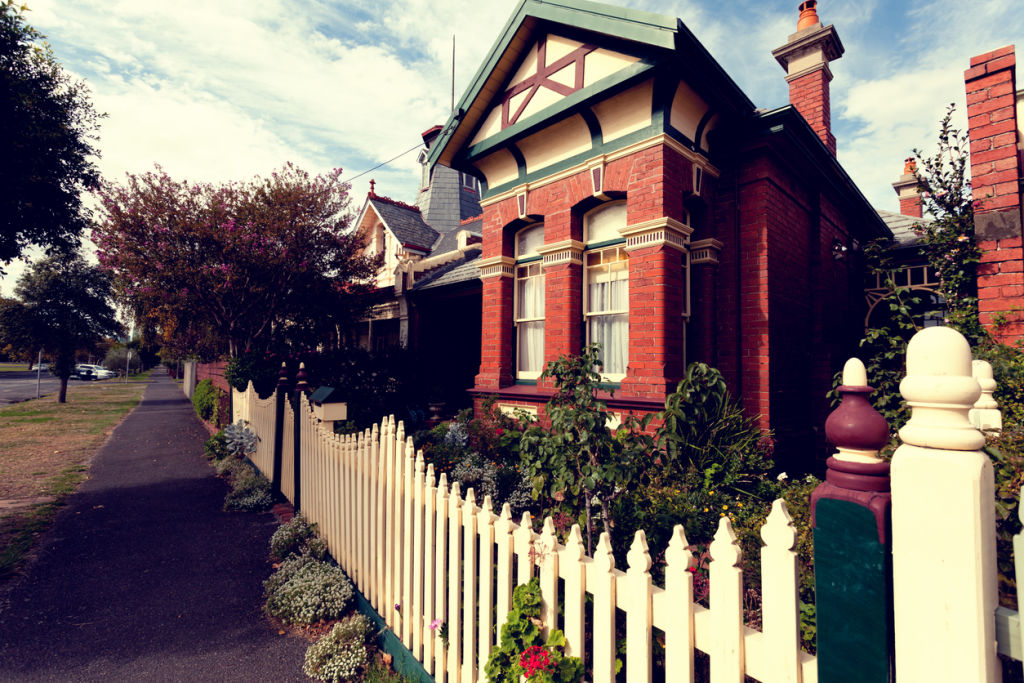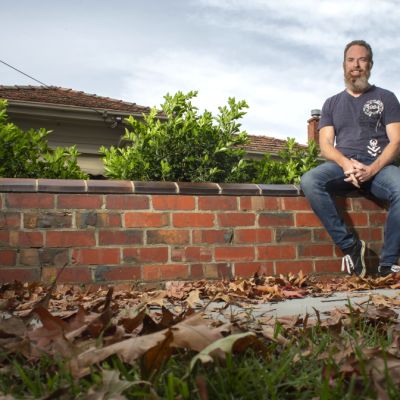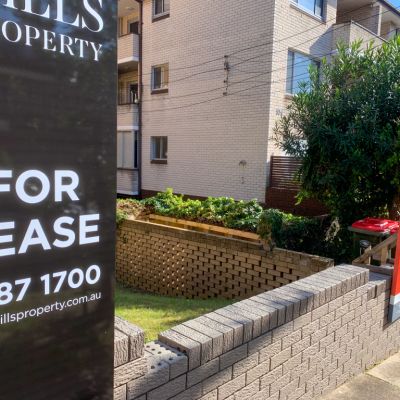Private landlords effectively expected to provide social housing to renters, experts warn

Mum and dad landlords have been co-opted into providing social housing and were unprepared for an event like the pandemic, experts have said.
Australia’s private rental system allows landlords to own a cash flow-negative investment property, with the promise of deducting losses from their taxable income through negative gearing tax concessions, and later making capital gains.
Landlords have been asked to negotiate discounts with tenants who have lost work in the pandemic, and moratoriums established to keep tenants in their homes even if they did not pay rent.
Investment property ownership was also sold as a retirement plan to those fearing state care, Better Renting executive director Joel Dignam told Domain.
“This is a bizarre way to provide an essential service like housing,” he said.
“For a lot of renters, it means they are trying to make a secure, decent home, but their landlord is oblivious to their obligations and to the renters’ rights.
“It’s also a problematic situation for amateur landlords. They think about investment as a way to beef up their retirement income, without considering their responsibility for another human being and their family.
“This crisis shows we’d be better off if our private rental sector didn’t depend so much on small-scale landlords who are not prepared for the responsibility and commitment.”
 Victorian landlords fear homelessness, financial trouble amid bans on inspections and evictions
Victorian landlords fear homelessness, financial trouble amid bans on inspections and evictions Why negatively geared landlords are going to struggle the most with reducing rents for tenants
Why negatively geared landlords are going to struggle the most with reducing rents for tenants Just 2 per cent of Victorian rental households have registered a rent reduction, figures show
Just 2 per cent of Victorian rental households have registered a rent reduction, figures show Coronavirus crisis: Victorian rental eviction ban to be pushed out until 2021
Coronavirus crisis: Victorian rental eviction ban to be pushed out until 2021
UNSW professor and chair of urbanism Nicole Gurran agreed that this housing policy was less than ideal.
“I am sympathetic to landlords in the sense that it’s government policy to make mum and dad landlords like social housing providers,” she said. “They’ve done nothing wrong.
“It’s been government policy for the past 40 years to essentially outsource the social housing system to mum and dad landlords. They were doing what the government was encouraging them to do.”
Mr Dignam said, on the whole, mum and dad landlords were participating in a system that was not designed to benefit them.
“Some landlords may support these tax schemes because they benefit themselves, not realising that the wealthy elite benefit much more,” he said.
“According to modelling from NATSEM, about 50 per cent of the benefit of negative gearing goes to households with incomes in the top 20 per cent.
“For the capital gains tax discount, about 80 per cent of the benefit is to the top 20 per cent of households.”
Advocates for landlords do not think the situation is fair, either. Real Estate Institute of Australia president Adrian Kelly said the government should build more social housing rather than expect investors to be de facto state housing providers.
“One thing I think would have avoided [landlords providing free and cheap housing during the pandemic] is if we had been building enough social and affordable housing,” he said. “As a result of that, it’s the property owners that have had to pick up the tab.
“It’s not the private sector’s responsibility to provide free housing.”
Mr Kelly said the saving graces for landlords in a poor financial position during the pandemic were mortgage pauses, JobKeeper and JobSeeker.
Governments have also offered tax incentives for landlords. For example, the Victorian government cut land tax for landlords who discounted rent, with Treasurer Tim Pallas previously saying that “nobody should be worried about losing a roof over their head right now”.
Melbourne Asset Management director and licensed estate agent Cameron Osborne said lending conditions were creating some volatility but given that landlords were investors, the buck stopped with them.
“You can’t use the term ‘unfair’, they made an investment with their eyes open. But no one could have predicted the pandemic,” he said. “Twenty years ago only wealthy people bought property. Now they can use the equity in their home and their incomes haven’t increased.”
Mr Osborne said the promise of capital gains was less certain than before and he was worried about how leveraged some property owners had become.
“Values have stagnated for a while and the investment-class properties have in some cases lost money,” he said. “The only thing that’s been the saviour is the low interest rates. If it wasn’t for the rates, these people would have fallen over ages ago.”
Mr Osborne said being a landlord was less safe than it once was.
“Those who have been doing it for 10 years are a lot better off than those who have been doing it for five years,” he said. “In the past 10 years they would have developed some equity in their property.”
Professor Gurran saw a further push into this strategy through moves to repeal responsible lending laws.
“Runaway property prices put people into unsustainable housing debt,” she said. “It suggests the lending has put them into a precarious situation.
“This is a reason why suggestions to loosen the macroprudential restrictions is troubling.”
Mum and dad landlords looking to protect their position would be better off lobbying for tenants’ rights rather than those that benefited elites more than themselves, Professor Gurran said.
“They should join the tenants’ union and advocate for decent rental support,” she said. “It would help them secure a decent income and make sure they can house people in a stable way.”
We recommend
States
Capital Cities
Capital Cities - Rentals
Popular Areas
Allhomes
More







